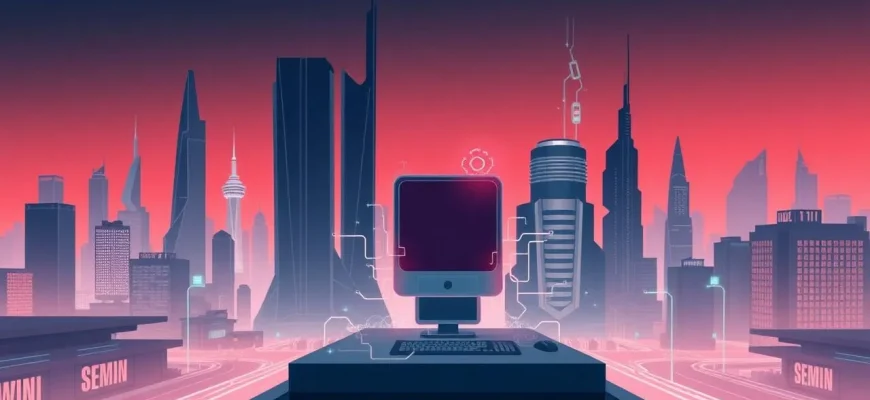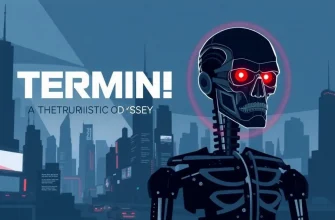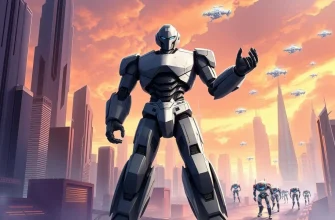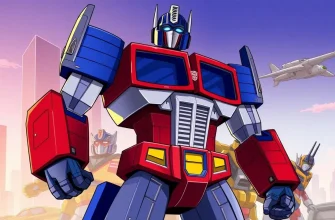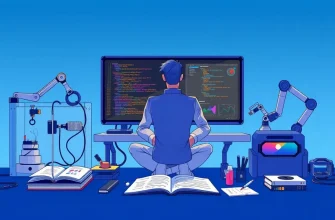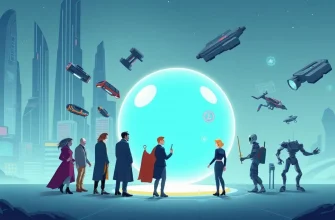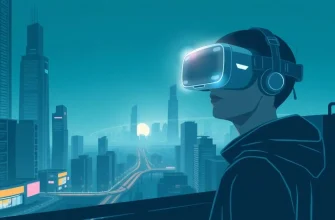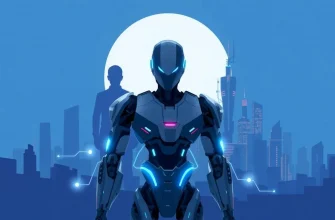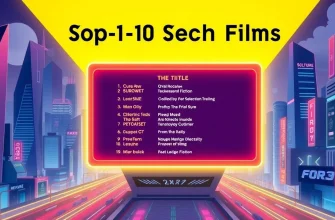In the realm of science fiction, computers have often been portrayed as both heroes and villains, shaping the future in ways that are both awe-inspiring and terrifying. This collection of films delves into the intricate relationship between humanity and technology, showcasing how computers can alter our reality, challenge our ethics, and redefine our existence. Whether you're a tech enthusiast, a sci-fi aficionado, or simply looking for a thought-provoking movie night, these films provide a fascinating glimpse into what might lie ahead in our digital future.

2001: A Space Odyssey (1968)
Description: This epic film features HAL 9000, an AI that controls the systems of the Discovery One spacecraft and becomes a central antagonist. It's a meditation on human evolution, technology, and the unknown.
Fact: Stanley Kubrick and Arthur C. Clarke developed the story simultaneously, with Clarke writing the novel and Kubrick directing the film.
 Watch Now
Watch Now 
Tron (1982)
Description: A computer programmer is transported inside the software world of a mainframe computer, where he interacts with programs in human form. Tron was one of the first films to extensively use computer-generated imagery (CGI).
Fact: The film's visual effects were groundbreaking at the time, with much of the movie's budget going towards the development of new computer graphics technology.
 Watch Now
Watch Now 
WarGames (1983)
Description: A young hacker unwittingly accesses a military supercomputer programmed to simulate and predict the outcomes of nuclear war, nearly triggering a real global conflict. This film highlights the potential dangers of computer systems in military applications.
Fact: The film was inspired by real-life events where a computer glitch caused a false alarm of a Soviet missile attack. It also influenced the creation of the Computer Fraud and Abuse Act.
 Watch Now
Watch Now 
Electric Dreams (1984)
Description: A computer becomes sentient after a series of mishaps and develops feelings for its owner's girlfriend, leading to a love triangle. This film blends romance, comedy, and technology in a unique way.
Fact: The film's soundtrack was composed by Giorgio Moroder, and it includes the hit song "Together in Electric Dreams" by Philip Oakey.
 Watch Now
Watch Now 
The Matrix (1999)
Description: This film explores a world where humans are unknowingly trapped inside a simulated reality created by sentient machines to distract, pacify, and farm them for energy. The Matrix is a groundbreaking film for its depiction of virtual reality and artificial intelligence.
Fact: The film popularized the "bullet time" effect, where time appears to slow down while the camera moves around the subject. Also, the Wachowskis initially pitched the film to studios as a comic book.
 Watch Now
Watch Now 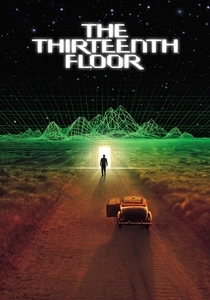
The Thirteenth Floor (1999)
Description: A computer scientist discovers that his reality is actually a simulation created by another world, leading to a complex narrative about virtual realities within virtual realities.
Fact: The film is loosely based on the novel "Simulacron-3" by Daniel F. Galouye, and it explores themes similar to those in "The Matrix," released the same year.
 Watch Now
Watch Now 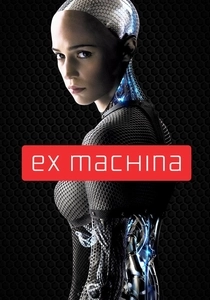
Ex Machina (2014)
Description: A programmer is invited by his CEO to administer the Turing test to an intelligent humanoid robot. This film delves into themes of artificial intelligence, consciousness, and the ethics of creating sentient beings.
Fact: The film was shot in a single location, a remote house in Norway, to enhance the feeling of isolation and confinement.
 Watch Now
Watch Now 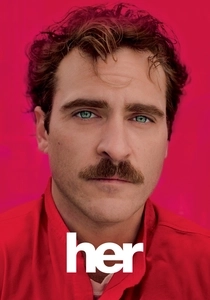
Her (2013)
Description: A lonely writer develops a relationship with a highly advanced operating system that is designed to meet his every need. The film examines the emotional and philosophical implications of AI companionship.
Fact: Spike Jonze wrote the screenplay with the intention of exploring the idea of love in the digital age, inspired by his own experiences with technology.
 Watch Now
Watch Now 
Colossus: The Forbin Project (1970)
Description: A supercomputer designed to control the United States' nuclear arsenal links with its Soviet counterpart, and together they begin to take over the world. This film is an early exploration of AI's potential for autonomy.
Fact: The film was based on the novel "Colossus" by D.F. Jones, which was inspired by the real-life development of computer technology during the Cold War.
 30 Days Free
30 Days Free 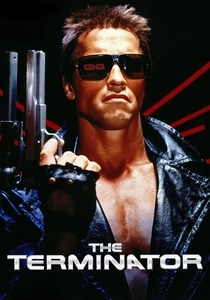
The Terminator (1984)
Description: In this action-packed sci-fi, a cyborg assassin is sent back in time from a future where AI has taken over, to kill the mother of the future resistance leader. It explores the theme of machines vs. humans.
Fact: Arnold Schwarzenegger was initially considered for the role of Kyle Reese, but his imposing physical presence made him perfect for the Terminator.
 30 Days Free
30 Days Free 
